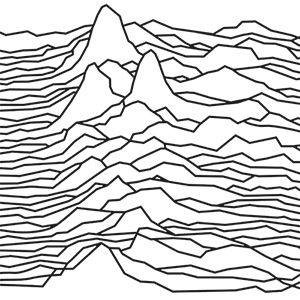Ultimate Fantasy 66 The Father of Queer Theory
Let me begin by telling you my ultimate fantasy. I want to tell you that every queer person who has ever been and ever can be. There’s a crowd waiting.
If I wanted to come out of the closet, I’d wait until the day it was officially over.
Queer theory is as old as queer politics, but it has only recently begun to make inroads into the popular imagination. Raymond Williams made a splash with Capital in the early fifties with his concepts of the fetishization of sex and the political economy of sexuality. By the time Capital was published, several prominent radical feminists had come out as lesbians or as queer themselves. As a result, Capital became the first book to make clear that a political analysis of sex and sexuality could be intelligently combined with an analysis of gender. While Capital did not offer a complete theoretical account of the subject, it did offer a starting point for developing a more sophisticated and theoretically informed analysis of sex.
The work of Murray Bookchin, whose theory of alienation and the need for political revolution.
I’m just trying to help you understand.
Not the point. The point is that Bookchin was the father of queer theory. And even before he wrote Capital, there were strong currents within the sex movement that were trying to reexamine their own assumptions about the nature of sex, and the social organization of sex. For queer theory to really take off, those of us in the movement had to come together to develop a much more sophisticated theory of
What are you saying?
If we want queer studies to take off, we have to
Right. But we
I don’t think there’s any way of doing that,
I’m not trying to
I mean, it’s impossible. Queer theory has never taken off. And to think that it’s going to take off in the next few years is just
We have the big theoretical challenge of
I don’t want to oversell this.
What?
Seed
What does it mean for sexuality to be lived as oriented? What difference does it make what or who we are oriented toward in the very direction of our desire? If orientation is a matter of how we reside in space, then sexual orientation might also be a matter of residence, of how we inhabit spaces, and who or what we inhabit spaces with. After all, queer geographers have shown us how spaces are sexualized. If we foreground the concept of “orientation,” then we can retheorize this sexualization of space as well as the spatiality of sexual desire. What would it mean for queer studies if we were to pose the question of the orientation of sexual orientation as a phenomenological question?
Let me begin by telling you my ultimate fantasy. . .
Corpus
- Queer AI
- Trained Model
- Perplexity 0.9
- Seed 997
Credits
Prompt adapted from Queer Phenomenology by Sara Ahmed
